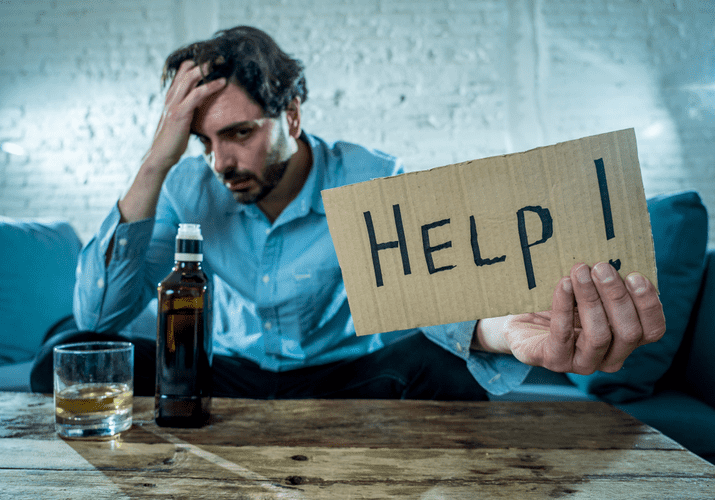Eye-opening Examples of Powerlessness in Addiction-Arista Recovery
In fact, you might need to experience a personal crisis before you feel ready to go to an AA meeting. Read on to learn more about the concept of powerlessness, what it really means, and why it’s so critical in the recovery journey. Ultimately, empowering oneself in the journey of recovery requires commitment and the courage to seek help. By embracing the process, individuals can transform their lives and break free from the cycle of addiction.
The Language of Powerlessness

Another individual found strength through shared stories during meetings, which helped them see they weren’t alone in this battle. Their journey highlighted that vulnerability can pave the way for healing. Understanding powerlessness in sobriety can help you manage your addiction.
Search this blog and those of some of my friends in recovery.
Your alcohol addiction is a physical compulsion beyond your control—a progressive illness that defies common sense. Instead, the treatment available focuses on helping you manage your condition, so you can achieve sobriety and resist relapse to alcohol abuse. Step One isn’t just a standalone step; it lays the foundation for the entire 12-step recovery process.
Questions to Assess Your Powerlessness & Unmanageability
- In doing so, individuals are empowered to seek support from both their peers and a higher power, fostering a spirit of collaboration in recovery efforts.
- Then, you’ll be ready to move through the remaining 10 steps, until you reach a point where your AUD is manageable.
- We aren’t conscious of our desire to dictate the behavior of others.
You must first adopt attitudes and actions of being honest and sacrificing your time and energy to help yourself and other sufferers. You may have noticed your life in chaos—maybe powerless over alcohol examples you’ve lost your home, your job, your family, your possessions, or your self-respect. Regardless of how you got to this point, Step 1 of AA is merely realizing that your alcohol abuse disorder was interfering negatively with your life, and you need to change.
What are some examples of powerlessness in different contexts?
- The 12 steps are designed to help you remove that and change your perception entirely.
- Step 1 of AA acknowledges the need for members to hit rock bottom to understand alcohol addiction’s destructive nature.
- Constantly attempting to get your life under control when you are living in chaos is fruitless.
- People usually spend some time trying to moderate their drinking or drug use, maybe quitting for a few days or even months before slipping right back into their old behavior.
We might be able to stave off our abuse from time to time, but we start drinking or using drugs again sooner than later. As the definition says, we lack the authority or capacity to stop. Most recovering addicts, especially those who attend the 12-step program, are pretty familiar with the concept of powerlessness. After all, helplessness isn’t a concept that solely applies to addiction, although drug addiction treatment it might be the first step to recovery and sobriety.

Examples of Powerlessness in Sobriety
Powerlessness is a feeling that comes from not having control over something important in our lives. We can feel powerless over our addiction, our mental health, our relationships, or our finances. Powerlessness is a normal and human response to stress, but it can also be a sign of depression or anxiety. It guides them toward a desire for a healthier future, free from addiction’s chains. For example, in the workplace, powerlessness can manifest when employees feel undervalued or oppressed. Instances of forced overtime targeting specific individuals or intentional embarrassment can lead to a toxic environment that fosters substance abuse as a coping mechanism.
- RoleDescriptionPursuing PartnerSeeks emotional closeness; may feel insecure and rejected.Distancing PartnerPulls away; may feel overwhelmed by emotional demands.
- AddictionsUK recovery program offers effective treatment from home detox to continued online therapy, which include psychological techniques and 12 Steps support.
- Rather than pushing you to believe in spiritual power, Step 1 of AA gets you to the point where you trust in the possibility of recovery.
Begin Your Recovery at Enlightened Recovery
Social powerlessness often emerges when individuals feel marginalized or excluded within various social contexts. This phenomenon typically arises from discrimination or prejudice, which hinders meaningful participation in community life. As a result, those affected may experience heightened feelings of isolation and loneliness, diminishing their self-worth and emotional well-being. Acceptance of powerlessness plays a significant role in how individuals approach their recovery journey.
